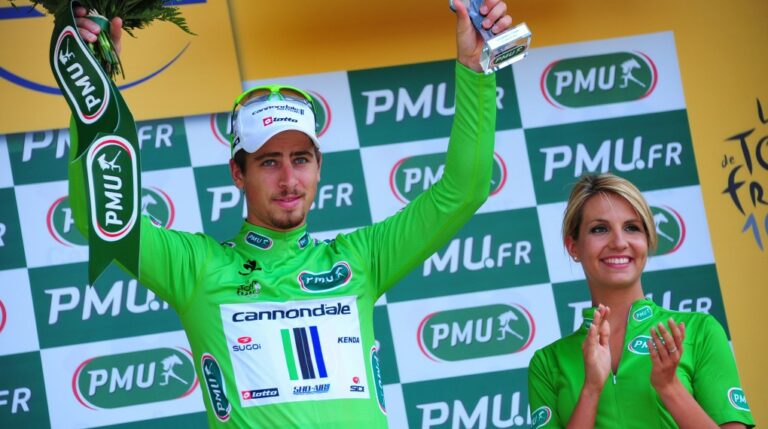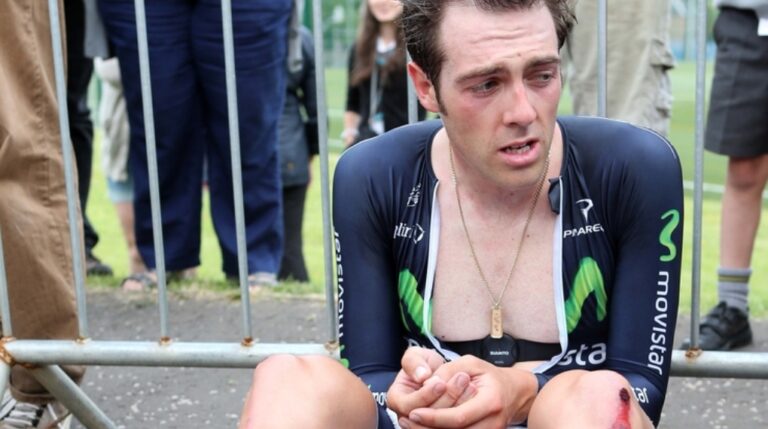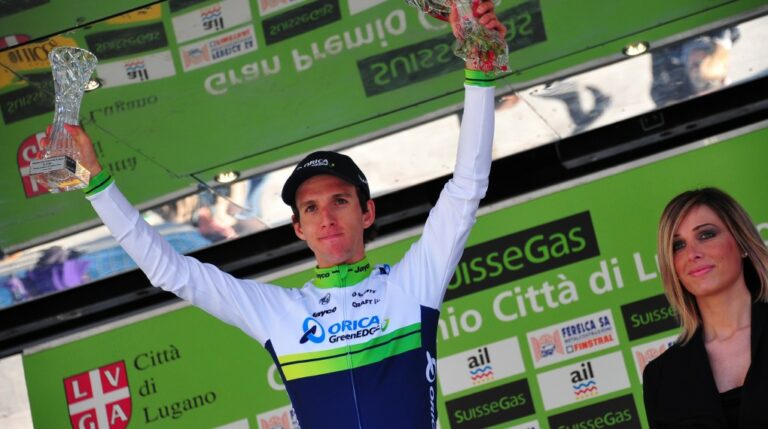Many keen cyclists will have ridden a sportive – or will at least be targeting one in the not-too-distant future.
Punishing climbs and grueling distances on least well-signed, well-organised routes – and sometimes closed roads – present amateur cyclists with some of the biggest challenges they will face in the saddle.
And as the popularity of road cycling continues to grow, so does the popularity of sportives – with new events seemingly cropping up every weekend.
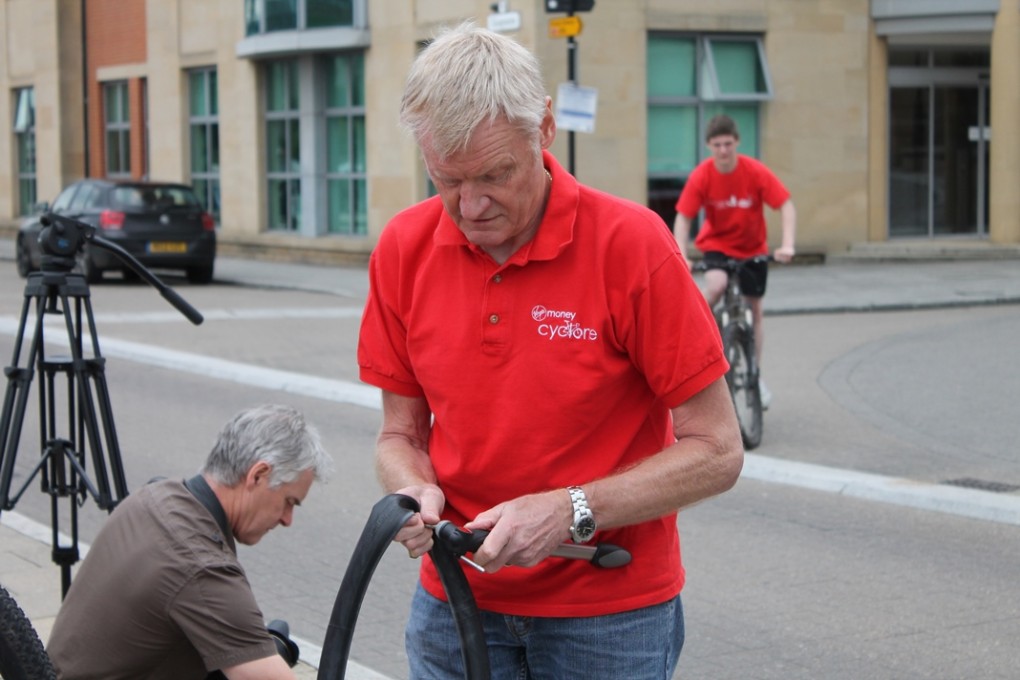
The highlight of this month’s British sportive calendar is the Virgin Money Cyclone, part of a weekend of cycling in the north east, which culminates in the Beaumont Trophy – classified as a UCI race for the first time this year.
Like the Trophy, the sportive has grown from the popular Gosforth Road Club with long-time organiser Peter Harrison, former technical chief for Shimano in the UK and chairman of the road club, at its helm.
But what does it take to organise one of the biggest events on the British cycling calendar?
“About a year and a half planning the event to begin with,” Harrison told RCUK, as he met members of the Walking with the Wounded Forward Assist Team – war veterans due to ride the event in support of the two rehabilitation charities.
It’s a very complex operation and each day has its own challenges
Speaking at Newcastle’s iconic Quayside – where the four-day event will kick off with the Tyne Six Bridges Leisure Ride on Thursday June 19 – Harrison, who has organised the festival since its formation in 2006, was keen not to under-play the magnitude of the task in hand.
He explained: “There is everything from the planning, the logistics of everything from feed stations, setting up health and safety, risk assessments, getting the rides to comply with the international calendar because we’ve got the competitive events on the Sunday.
“There’s everything from ordering the numbers and the bananas, to making sure the venues are sorted out and managing the website.
“Each day has its own challenge with regards the organisational side of it, making sure you comply with international regulations, the local authorities and dealing with them – as I say, it’s a very complex operation in actual fact.
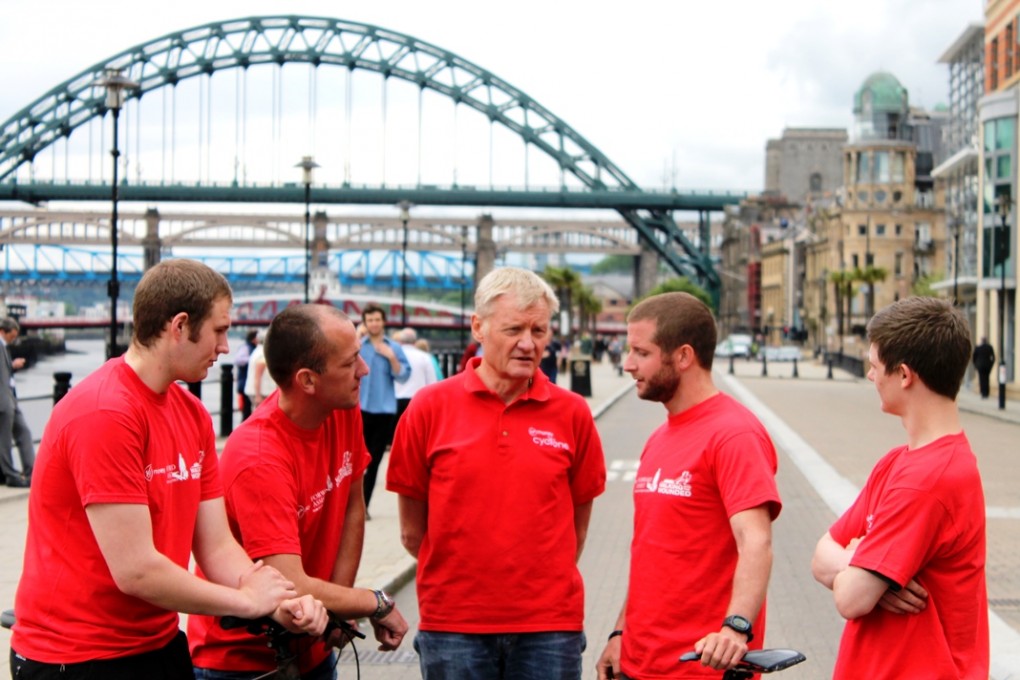
“It can be broken down into chunks but it takes a lot to look after the overall aspect of it and get everything right.”
The Beaumont Trophy, now in its 62nd year, is one of the racing calendar’s oldest events, while the sportive has run since 2006, having been launched as part of a Newcastle City Council initiative.
And year-on-year, the event has grown so that it now covers four days, with criteriums, the three sportive distances – challenge rides as Peter prefers to call them – and the two elite races: the women’s Curlew Cup and the men’s Beaumont Trophy.
Having been awarded UCI status for the first time this year, the Beaumont Trophy – which doubled up as the national championships in 2011 when Bradley Wiggins was victorious – is the latest expansion for Harrison to deal with.
The regulations for UCI races are 367 pages long!
“It represents a number of new challenges because the regulations for UCI races are 367 pages long to begin with,” he explained.
“So there are whole host of new regulations to contend with. You cannot have individual riders riding, you’ve got to create teams.
“Invites have got to go out for the Continental teams and they don’t have to confirm the actual riders riding until 72 hours before, which is a challenge in itself. I’ve still got emails coming in now from teams asking if they can have a ride.”
As for those riders, Harrison is receiving calls from the very top – and fans on Tyneside could have some big names to cheer on come June 22.
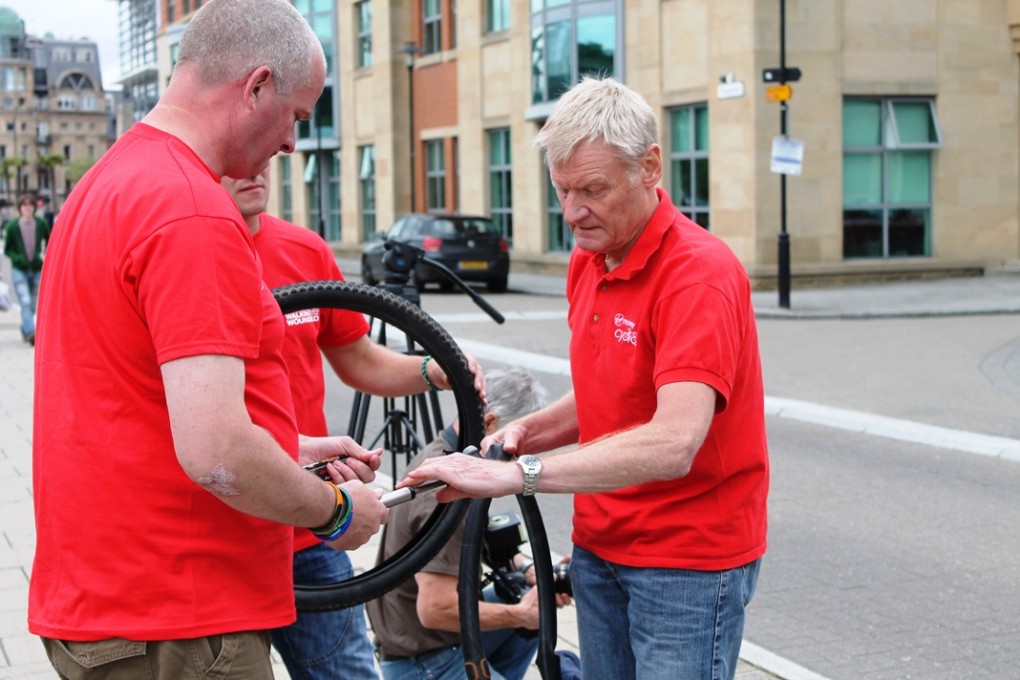
“I’ve had one from a very top quality rider, in fact a national champion, asking if I can get them into a composite team,” Harrison revealed. “And that’s now, with just two weeks to go. There are lots of new challenges with it being a UCI race.”
Alongside elite professional riders, the weekend attracts keen sportive riders keen to push themselves in one of the UK’s most difficult events.
And Harrison, a veteran of the Northumbrian lanes used on the route, admitted it can be a punishing route – particularly the longest of the three challenge rides.
“The 104-miler is a tough ride,” he told RCUK. “I’ve done those roads a lot in my time and it is a tough ride. A lot of guys have said it’s one of the toughest they’ve done.
A lot of guys have said it’s one of the toughest sportive they’ve done
“It’s because there’s no one major climb, which you could call the iconic one. Yeah, there’s the Ryals but the Ryals is only 1.3 miles long. OK, it’s 22 per cent in the middle, but basically it’s a shark’s teeth profile on the 104-miler all day.
“After the first few miles you just get no rest at all. And the roads can be pretty dead, surface-wise, and if you can get a westerly or north-westerley breeze it can tough on the way out.
“Most people are taking from between seven-and-a-half hours to nine hours. It’s not an easy ride.”
But while the future of the Virgin Money Cyclone appears to be in safe hands, with new events springing up around the country, Harrison is not so sure about the continued rise of sportives.
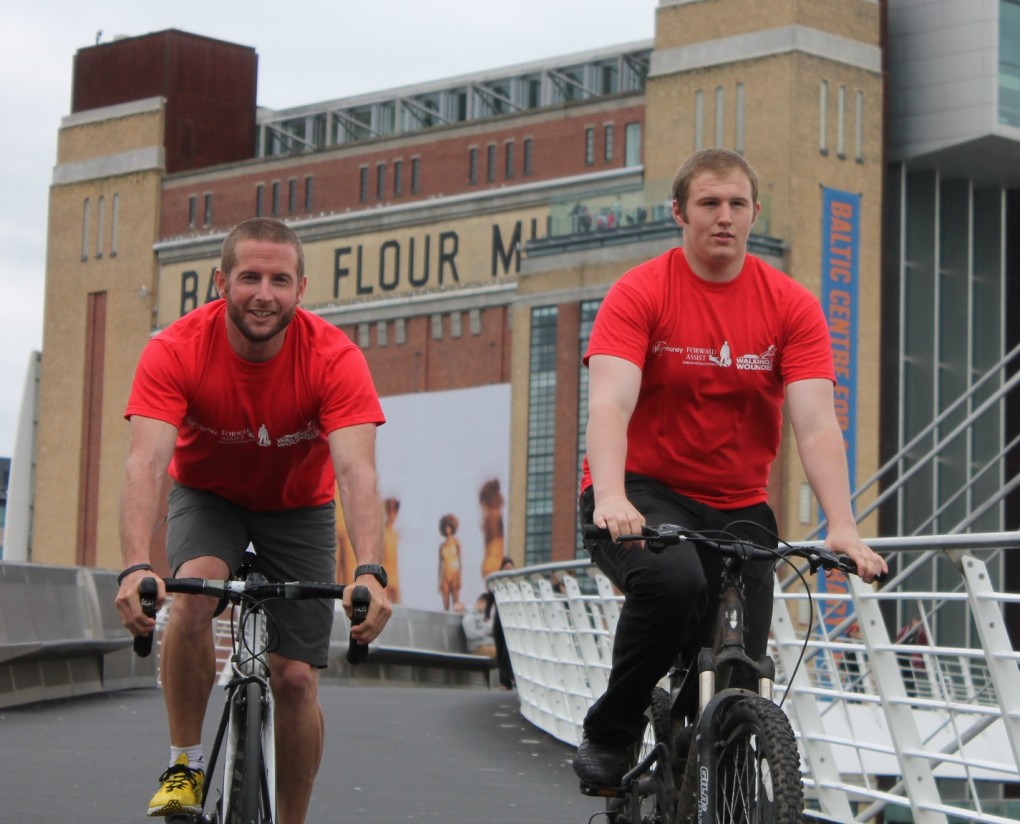
With years of experience and understanding of what it takes to organise a successful sportive, Harrison believes the calendar may have reached saturation point.
“The way that cycling has developed over the last few years, and the way it’s become popular, it’s about giving people a challenge without them necessarily wanting to race,” he said of the rise of sportives.
“Having said that, I do worry about the format of some of the sportives and actually they’re starting to call themselves races. I had this particular discussion with a major charity the other week – they said ‘our race’ and I said, ‘it’s not a race, under the highways act is not a race’ and their response was ‘but we give medals out’.
“I think there is a problem that has to be addressed between sportive organisers, or those that come in and think they can actually put on that type of event, and with road race organisers. British Cycling need to get involved as well.
I think we’ve reached saturation point with sportives
“I mean, we had an incident a couple of weeks ago, I think it was in Yorkshire at the regional championships, where a sportive event went head on with the regional champs and I do think that’s got to be addressed.
“But I think we’ve reached saturation point with these sportive-type events and I think one or two will start to die away because people realise there’s a lot more to putting them on than [they realised].
“A lot will probably view it as a bit of a cash cow for their club or whatever, but it ain’t that. If it’s done properly, there’s a lot involved.”
And when it comes to doing it properly, the north east can be rest assured that the Virgin Money Cyclone fits into that category as it prepares for a two-wheeled invasion on June 19.
Peter was talking at the launch of the Walking with the Wounded Forward Assist Team. For more information on the Virgin Money Cyclone, and the events taking place over the weekend from June 19 to June 22, visit https://virginmoneycyclone.co.uk/


